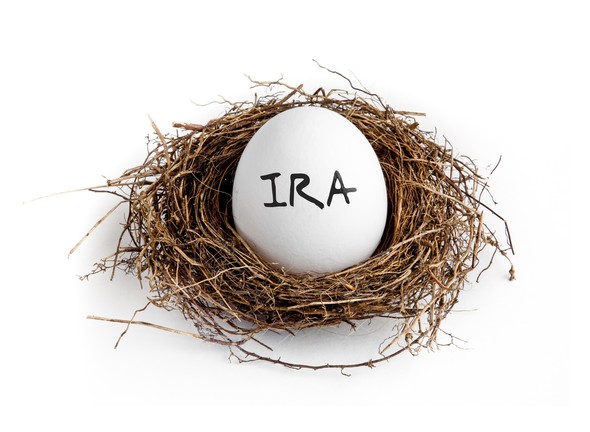When it comes to your IRA, there are some planning traps you need to look out for…
Here are 7 IRA planning problems to consider:
1. Incorrect beneficiaries – This is very basic, but often overlooked. Confirm that the beneficiaries are set up correctly. If you lack a beneficiary, then the account will go to your estate, limiting your “stretch” to as little as 5 years. Have you named the wrong beneficiaries or are you missing someone (like a new grandchild)? If you have named a trust as the beneficiary, was that done as part of a detailed plan with an attorney experienced in IRA trust planning?
2. A “blow out” instead of a “stretch out” – Remember, a big goal of IRA planning is to pay the taxes later by doing a “stretch” IRA. This means that we want your child to be able to take out the IRA over their life expectancy. But many kids don’t do it. In fact, the vast majority of kids take out the entire IRA within a couple years of death. Why do kids take it out (and pay the taxes now)? Here are a few reasons:
- They want to spend it!
- They don’t know the benefit of the stretch.
- They wrongly think they can roll it into their own IRA (so they take it all out, triggering tax, then it’s too late to put back in).
- They cash out a Roth IRA because it’s tax free, not realizing they are missing out on years of tax free growth in the future.
3. Not getting good advice – Many families have cashed out retirement funds or annuities and are later surprised by a big tax bill. Good advice from your attorney and tax advisor after death will help the family understand the options.
4. Not considering younger generations – Do you like your grandkids? Well, what about saving tax while helping out your grandchildren? The younger the beneficiary of your IRA, the longer the stretch and the bigger the tax savings. You might consider giving your IRA’s (or part of them) to your grandchildren.
5. Naming grandchildren as direct beneficiaries – What if someone took our advice about younger generations and decided to name grandchildren as IRA beneficiaries? That’s good, right? Well, yes, but there could also be problems. If you name a minor child as beneficiary, the IRA company may require a court guardianship before the grandchild can benefit from the IRA. Then, at age 18, the grandchild gets control of the IRA, regardless of the remaining amount. (And we all know what happens when 18-year-olds inherit large sums of money.)
6. Not considering a trust to hold IRA funds after death – Many people incorrectly think that leaving an IRA to a trust will trigger tax on the entire IRA. But this is not true. IRA funds and trusts require special expertise and planning, but a properly drafted trust can hold an IRA and still benefit from the stretch out. And using a trust can help avoid the “blow out” mentioned in #2, while protecting the money from young heirs, future divorces or other unforeseen risks.
7. Not converting to a Roth IRA – Converting to a Roth IRA means you pay taxes now and then future growth of the IRA is tax free. If you don’t need the money, and you can afford to pay the taxes, converting to a Roth may give your family more money later. Let’s ay you convert to a Roth at age 70. A Roth IRA has no RMD (required minimum distributions) so if you live to be age 95, you will have had 25 years of tax free growth that you can leave to the family. And the kids (or grankids) can have another 30-50+ years of tax-free growth if they “stretch” the Roth IRA. Converting to a Roth IRA is a great tool, but please consult your tax advisor first. Make you know how much tax will be owed before you move funds to the Roth IRA.
Are you ready to find out what you should do when it comes to your IRA? And not just what to avoid? Read our article, 7 Questions to Ask in Order to Do Effective IRA Planning.

